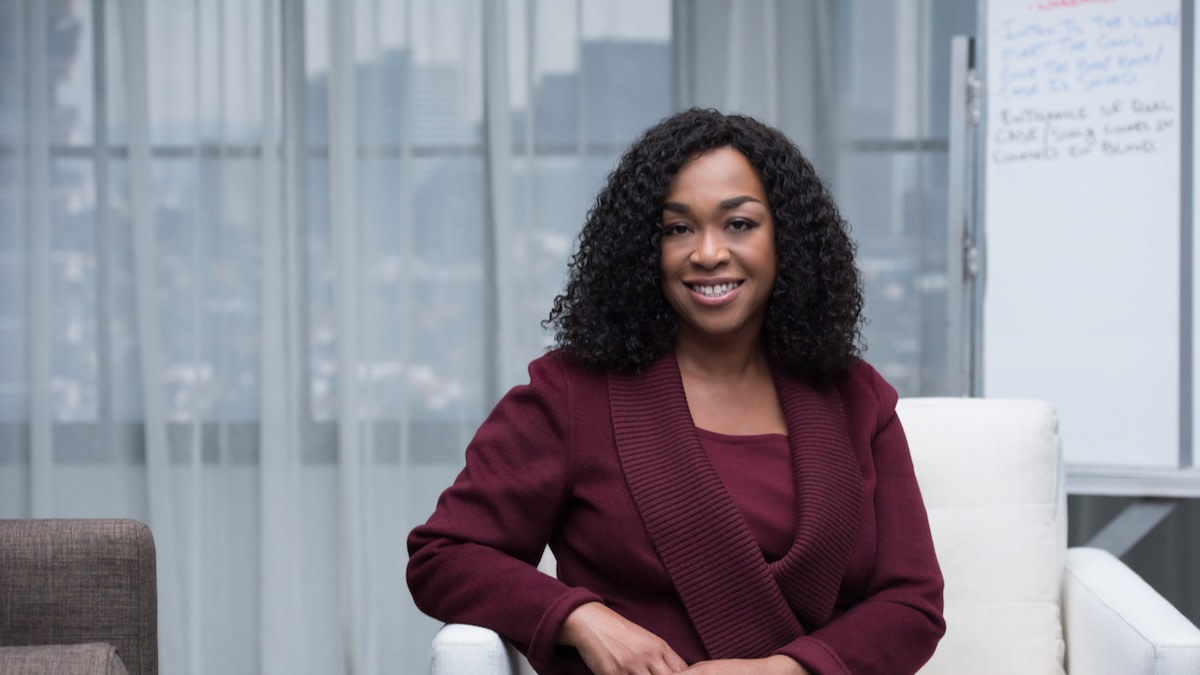Shonda Rhimes’s Tips for Script Editing
Written by MasterClass
Last updated: Sep 24, 2021 • 3 min read
Whether you’re on your first draft or nearing your final draft, editing is a necessary component of screenwriting. Read on for TV producer and screenwriter Shonda Rhimes’s tips for script editing.
Learn From the Best
Who Is Shonda Rhimes?
Born and raised in Chicago, Illinois, Shonda Rhimes grew up telling stories. Initially, she hoped to become a novelist but eventually, she turned her focus to film and television writing. Shonda majored in English and film studies at Dartmouth College and earned a Master of Fine Arts degree from the USC School of Cinematic Arts.
She wrote Introducing Dorothy Dandridge, an HBO television movie and her first professional credit, and penned two feature films after that. Following a career in film, Shonda returned to television and created Grey’s Anatomy, where she oversaw the production of nearly 300 episodes as showrunner. Shonda subsequently created the Grey’s Anatomy spin-off series, Private Practice, and cultural phenomenon Scandal.
What Is a Script?
A script is a document that comprises setting, characters, dialogue, and stage directions for movies, TV shows, and stage plays. When directors stage such productions, they follow the instructions provided in the script. In live theatre, scriptwriters are playwrights, and the scripts are also known as playscripts. In film and television, scriptwriters are called screenwriters. A film script is a screenplay, and a TV script is a teleplay.
Shonda Rhimes’s Script Editing Process
Every writer has their own editing process. For Shonda, this means spending the day writing a given number of pages and then reviewing them until she’s satisfied with the results. “I have to make sure that the fifteen pages I wrote [are] perfect for me, she says. “And then I move forward.”
During this editing process, she focuses on tightening the dialogue and making sure that scenes work. “When you get ready to go forward, there are no more sort of unanswered questions or mistakes left behind,” she says. “You want to make sure that the scenes you have really resonate so that when you move forward, [they’re] all sort of falling into place.”
Shonda Rhimes’s Tips for Editing Your Script
Editing is a necessary component of screenwriting. Here are Shonda’s tips for editing your script:
- Read your script aloud. Reading a script aloud helps Shonda determine if the dialogue works. It helps her gauge whether a scene is actually emotional or if a fight feels real. If you don’t like to hear yourself speaking, you can use headphones. “When I'm writing and I have my headphones on, and I'm saying all the dialogue out loud, basically I'm acting out the show,” she says. “I don’t have to hear it … But it does allow me to feel my way through the show and to imagine, you know, [that] I’m a DC fixer living in Washington; I’m Cyrus Bean; I’m Melly Grant. I get to stand in the characters’ shoes a little bit more.”
- Cut what doesn’t add value to the plot. If a scene doesn’t add to the overall plot, then you can cut it. “You have to really think about what are the things that are most important. If this wasn't in the show, could the story still be told? Which means that what you end up cutting are your darlings,” Shonda says. “You’ve written these scenes that you think are delightful and wonderful. That’s why they’re in the script. They don’t have to do anything with the plot. They don’t necessarily have anything to do with the character, but you're having a hard time getting rid of them because they're so fabulously written.”
- Get feedback. When conceptualizing the TV drama Scandal, Shonda turned to her producing partner and other writers in her production company for feedback. “It's nice to have someone step outside of what you're doing and see what's going on,” she says. “They gave me really interesting notes. Most of them are small, but there were things like, ‘I don't understand what's happening when Olivia is going to see David Rosen.’ It was tiny clarifications that really sort of honed things down.”
Want to Learn More About Film?
Become a better filmmaker with the MasterClass Annual Membership. Gain access to exclusive video lessons taught by the world’s best, including Shonda Rhimes, Aaron Sorkin, Spike Lee, David Lynch, Jodie Foster, Martin Scorsese, and more.
